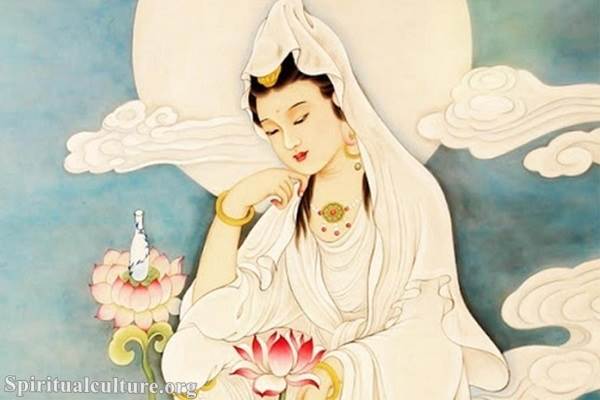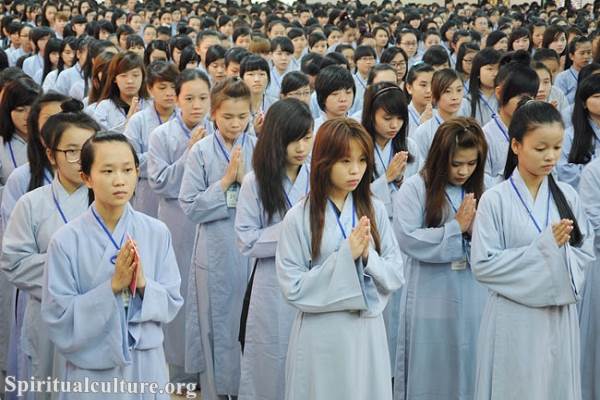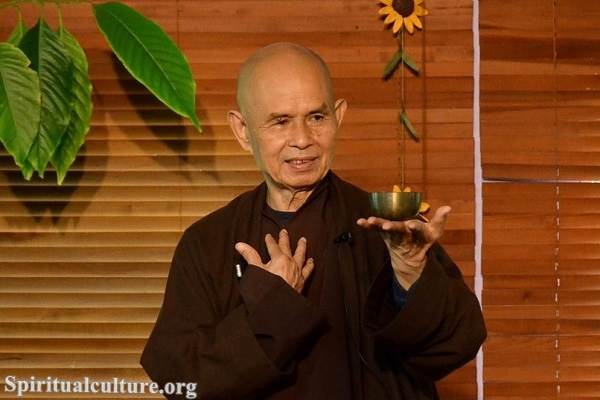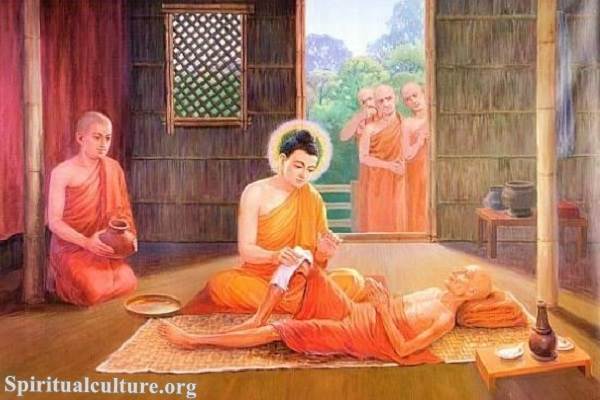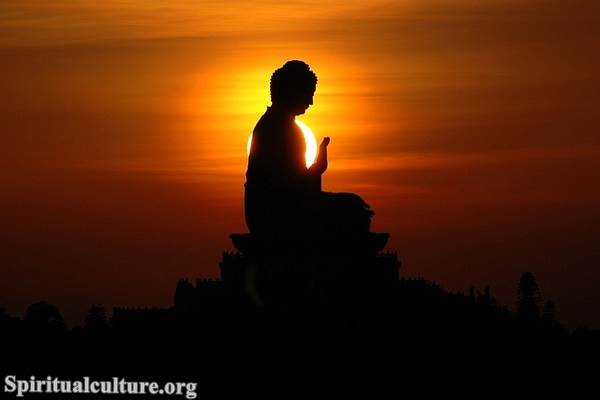It is a term that encapsulates the cyclical nature of life, death, and rebirth, a continuous journey of the soul that is both enlightening and enigmatic.
Samsara Meaning in Buddhism
In Buddhism, the term Samsara refers to the cycle of birth, death, and rebirth. This cycle is not viewed as a linear progression from beginning to end, but rather as a wheel that keeps turning, an endless cycle of suffering and reincarnation. The very word ‘Samsara’ in Sanskrit translates to ‘wandering’ or ‘world’, with the connotation of cyclic, circuitous change.
The realm of Samsara is considered to be dukkha, which means unsatisfactory or suffering. It is a realm where beings wander, trapped in the cycle of birth, death, and rebirth, driven by desire, ignorance, and hatred. The ultimate goal in Buddhism is to escape from Samsara and attain Nirvana, a state of liberation and enlightenment.
The Wheel of Samsara
The concept of Samsara is often depicted as a wheel, known as the Wheel of Life or Bhavachakra. This symbolic representation illustrates the cyclical nature of life as understood in Buddhism. The wheel is divided into six realms, each representing a different form of existence. These realms are the god realm, the demi-god realm, the human realm, the animal realm, the ghost realm, and the hell realm.
Beings are reborn into these realms based on their karma, the actions they have performed in their past lives. The human realm is considered to be the most desirable of the six, as it offers the best conditions for achieving Nirvana.
Breaking Free from Samsara
The cycle of Samsara is perpetuated by the Three Poisons of ignorance, attachment, and aversion. Ignorance, in this context, is the lack of understanding of the true nature of reality. Attachment is the craving and clinging to pleasurable experiences and material possessions, while aversion is the intense desire to avoid unpleasant experiences.
In order to break free from the cycle of Samsara, one must overcome these Three Poisons. This can be achieved by following the Noble Eightfold Path, a set of guidelines that lead to ethical conduct, mental discipline, and wisdom.
The Noble Eightfold Path includes right understanding, right thought, right speech, right action, right livelihood, right effort, right mindfulness, and right concentration. By practicing these principles, one can cultivate wisdom, ethical conduct, and mental discipline, thereby severing the chains of karma and escaping the cycle of Samsara.
Conclusion
The concept of Samsara is a cornerstone of Buddhist philosophy, offering a profound perspective on the nature of existence. It serves as a reminder of the transient nature of life and the pervasiveness of suffering, urging us to strive for liberation and enlightenment.
Understanding the meaning of Samsara can lead to a greater appreciation of the Buddhist path and its teachings. It encourages self-reflection, compassion, and a deeper understanding of the interconnectedness of all beings. In the grand tapestry of life, death, and rebirth, the concept of Samsara serves as a powerful symbol of the Buddhist journey towards liberation and enlightenment.
